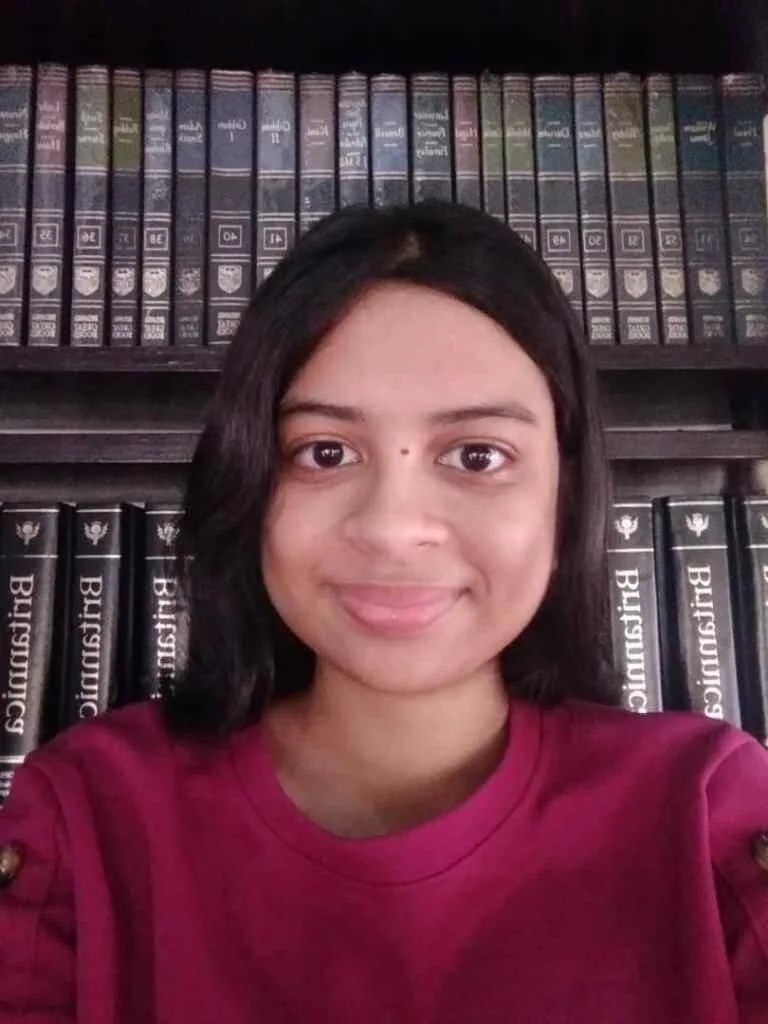From the 9th to the 10th of September 2021
The International Conference on Sustainability Education (ICSE) is planned to explore pathways to address current and emerging sustainability challenges through education by empowering learners with new skills, values and attitudes that lead to a sustainable world.
Due to COVID – 19 which brought huge disruption particularly in every educational setup, it becomes a necessity to try out several new and innovative online, virtual and distance teaching learning initiatives as new normal. In tune with that it was decided to conduct ICSE-2021 (as what we have done in 2020) through virtual mode as a two days webinar on following topics:
Day 1: Education for Ecosystem Restoration
Day 2: Climate Literacy
FEE is holding two sessions: one is about Education for Promoting Sustainable Tourism in Coastal Areas, the other is about Education for Advancing Circular Economy. FEE is recognized there through 2 of its 5 programmes which are respectively Blue Flag and Eco-Schools. Johann Durand is holding the first session as international Blue Flag coordinator. Pramod Kumar Sharma is holding the second one as senior director of education.
What is more impressive are the 6 Indian students who are covering the event on site as Young Reporters for the Environment. Let’s discover who they are!
Miss Nur Ameera Asyiqin Binti Khairul Anuar, 20 years old is from Kolej Profesional Mara Indera Mahkota, Sg. Buloh, Selangor. She is a young reporter who is enthusiastic about nature and believes that every voice projected in every corner of the planet about the environment should be heard. She envisions the empowerment of young people can lead the world into a more pristine environment one day.
She believes Journalism is something that she is passionate about. Many people think that the process of making a piece of news is easy but it actually takes a lot of processes including researches, interviews, and fact-checks. A journalist should always be in the front line in any situation that could make to news so that the message can be conveyed in a matter of time and people could get the information in an instant. Journalism is very important especially in this enduring time because if the news like the number of covid19 cases is not informed to the media, people are hard to plan a precautious measure to lessen the risk.
Miss Amritha Jaiprekash Kurup, Age: 19, Currently pursuing 3rd year of BSc Zoology from Madras Christian College, Chennai, India.
Doing reporting on butterfly species locally and an area specifically. She is engaged in promoting and commercializing butterfly gardening on her campus and planning to expand to the local area in and around Chennai and she is a nature and wildlife conservation enthusiast. Photography, report writings are some of her other hobbies.
She believes Words seek out the attention of huge crowds along with virtual representation. To pool in people to act on the restoration of the ecosystem as a whole and for maximum people’s participation, educating and enlightening them on the anthropogenic influences and events of disaster that are yet to happen can lure in-crowd for mass action. As a science major, She thinks journalism can accelerate the process of active participation as local laymen will get to know the crisis and consequences that have to be faced if we remain ignorant. Also, the liability and responsibility as a citizen to protect the ground we stand, our nature and resources and the sustainable living strategies to be taken up effectively and profusely, to better the future and to continue developmental procedures more palatable and ecofriendly, awareness is a must and inevitable stand in conservation and restoration alike. According to the UNESCO model for curricula for journalism education is emerging actively with various ideas for including different types of journalism especially that of eco-journalism. the empirical correlation of media, journalism, and independence is driving the sustainability acts to reach the greater population for acceptance and activation. there comes the role of youth drivers for sustainability and eco-restoration, where people like her can entice in more people for saving the planet much inordinate devastation. According to her the goal of sustainability is cohesive conscious of having a healthy interaction with nature at all levels of life.
Mister Bhargav Patel is 22 years old. He is a software engineer at Truminds Software Systems in India working mainly on the machine learning experts of the project. He is also a co-founder of the Environment Club, a student community that focuses on educating students about environmental issues and solutions in a fun way. His area of interest is artificial intelligence, resource optimization, sustainable development, and green technology. He has been involved with many different environmental and leadership initiatives in his university and he enjoys learning about sustainability and how technology can be used to achieve sustainable development. In 2019, he was given the opportunity to travel to Thailand to participate in the 10th World Environmental Education Congress as a YRE. He is working in the direction to build a career that combines technology and the environment.
He Believes without journalism, the world would be ignorant. Journalism is important because it gives current and relevant information and news to the public. Benjamin Franklin said, “Whoever would overthrow the liberty of a nation must begin by judging the freeness of speech.”
Miss Lavinia Grace Sebastian, 20 years old is from Sultan Idris Education University (UPSI), Pahang, Malaysia. She is a young reporter who aspires to find interesting stories to share with the public. She believes that there are many things to learn about the world and that everyone can benefit from a widened perspective of the world.
She believes that Journalism is the act of gaining first-hand knowledge to be shared with the world. Besides that, Journalism is important to highlight issues because the right amount of media coverage can make a huge change and impact on society and the public. In many ways, journalism brings to light the stories of the voiceless.
Miss Mohini Arora, 19 years old, a resident of Jammu, currently pursuing an undergraduate course in Journalism at Bharati College, Delhi University. She is a part of ' Chintan: The debating society' while being a Command Level Debate speaker. Reading novels is her hobby and welcoming the world with open arms is her inculcated personality trait.
She believes Journalism is the study and later a profession that gives rise to objective information for the public to formulate their opinion in a more verified manner. It also releases contention between right and wrong ideology with facts and figures. It is essential in highlighting every issue whether small or huge as it provides a platform for to citizens in placing their views over the table. Sometimes investigative journalism can lead the wrongdoers to capital punishment and the innocents to justice.
Miss Nishita Agarwal, 16 years old, a resident of the Gujarat state, is currently a student of Apple Global School studying in the Medical Field. Co-founder of the Green Crusaders Club and an author; published the book: 'The Journey of an Assassin. Writing novels, poetry, and analyzing different art forms are my hobbies, and analyzing a situation in every aspect is an included personality trait.
She believes Journalism is an efficient way to spread awareness on a particular issue. For her, journalism has been a medium to focus on topics from a logical and factual perspective. It has proven to be very useful to bring public attention to a matter as journal writing provides ground evidence and facts regarding the same.
It is an absolute necessity to highlight an issue. Only humanity has the power to create and resolve obstacles; the responsibility of our survival and wellbeing relies solely on us. If environmental, economic, educational, social, health and hygiene, political, and many other related issues are neglected, the human race will face severe consequences.
Find out more about the conference and its programme by clicking here.







